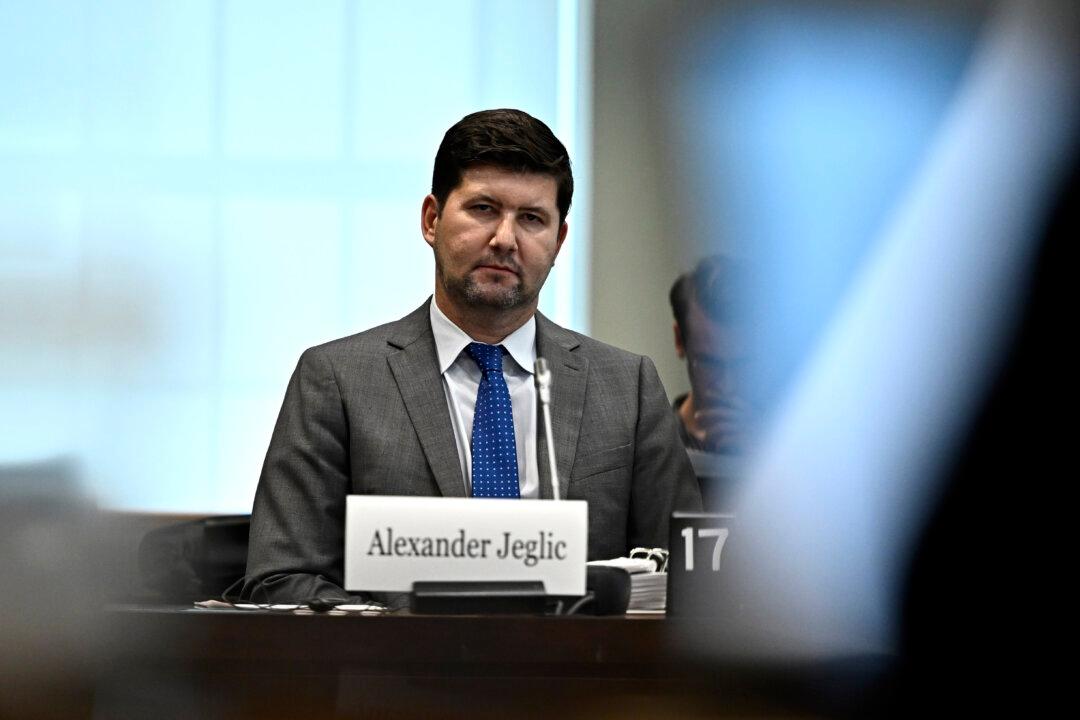Canada’s procurement system is in need of urgent reform, according to Procurement Ombudsman Alexander Jeglic.
Jeglic made the comments during a Nov. 26 appearance before the Senate national finance committee to discuss an investigation into the procurement process for government contracts awarded to McKinsey & Company since 2011. His report, published in March 2024, noted the company received contracts with a total value of $117 million from April 1, 2011, to March 31, 2023.





